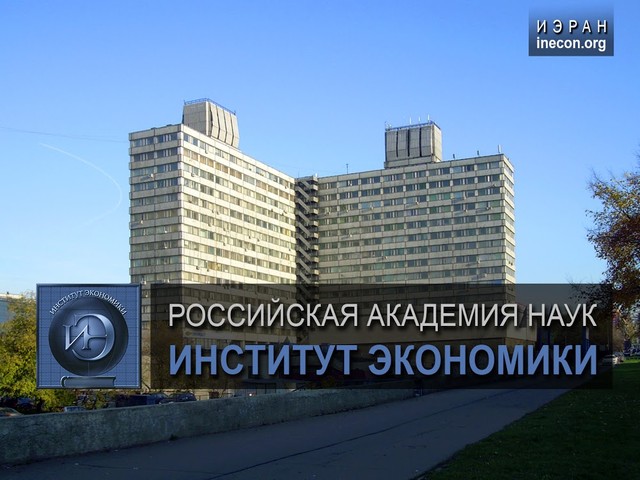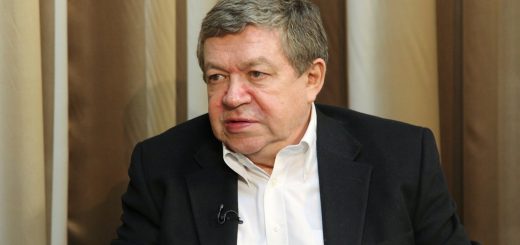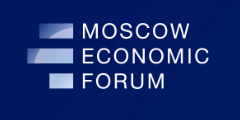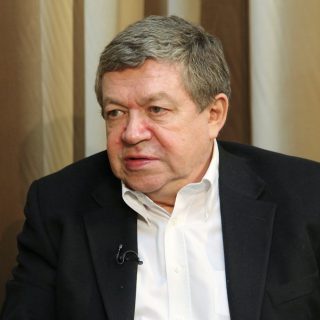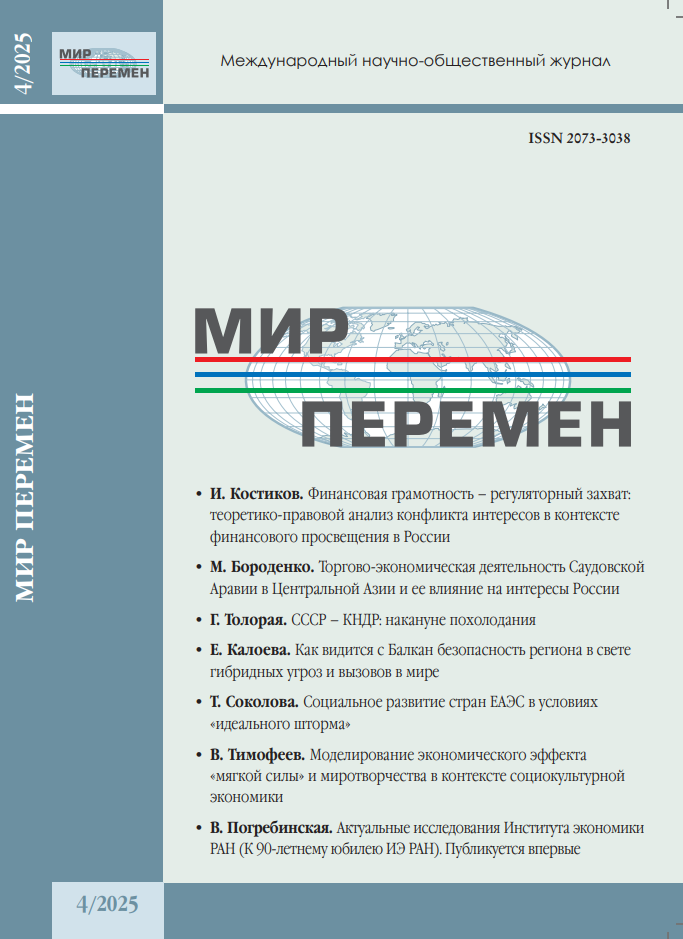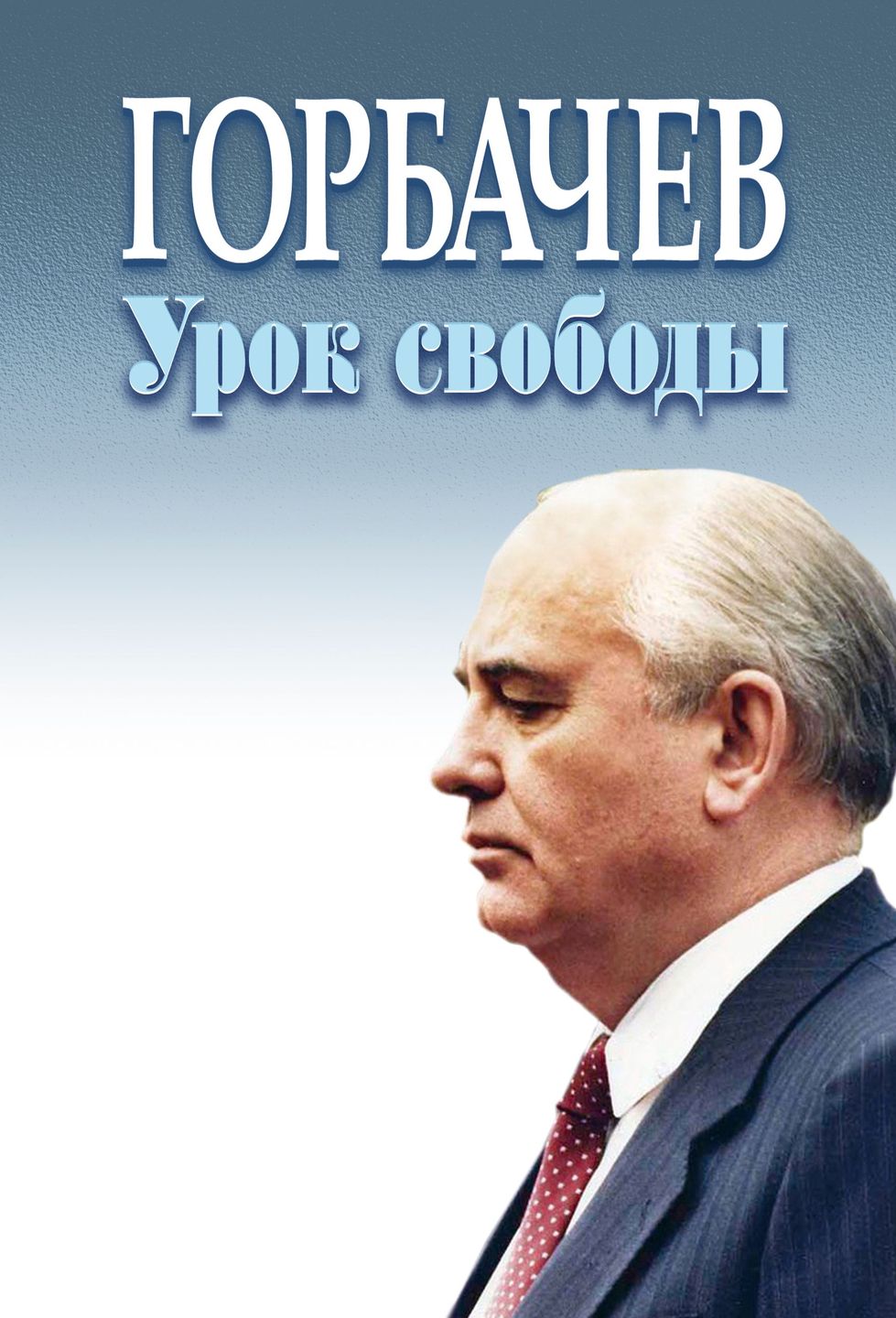Болгария в условиях геополитической напряженности
Т. Валева. Болгария в условиях геополитической напряженности
УДК: 327
EDN: SRUROC
DOI: 10.51905/2073-3038_2023_2_98
Болгария, став членом ЕС и НАТО, переориентировала свои внешнюю политику и внешнеэкономические связи на страны, входящие в эти союзы, что в полной мере проявилось в кризисной ситуации 2022–2023 г., связанной с противостоянием коллективного Запада и России. Вопреки интересам граждан своей страны, государство активно участвовало сначала через частные структуры и страны-посредники, а затем по прямому указанию парламента в поставках вооружений на Украину. Болгария поддержала все десять пакетов антироссийских санкций ЕС и НАТО. Болгария нашла возможности альтернативных поставок газа, однако вынуждена была договариваться с партнерами по ЕС об исключении из санкций поставок российской нефти, а также оборудования и топлива для АЭС «Козлодуй». Без них экономика страны понесла бы принципиальные невосполнимые потери. Неоднозначной является позиция болгарского населения на участие страны в антироссийских санкциях и поставках вооружений на Украину. В отличие от жителей большинства стран коллективного Запада, менее половины болгар выступает за поддержку санкций, еще меньше – за поставки оружия в ущерб обороноспособности собственной армии. Неоднородностью политических взглядов населения во многом определялся перманентный в последние два года внутриполитический кризис.
Ключевые слова: Болгария, поставки вооружений Украине, анти-российские санкции, российская нефть, оборудование для АЭС, политический кризис.
Татьяна Эмильевна Валева – кандидат географических наук, старший научный сотрудник Центра Восточноевропейских исследований Института экономики РАН (г. Москва).
T. Valeva. Bulgaria in the Context of Geopolitical Tensions
Annotation. Bulgaria, becoming a member of the EU and NATO, reoriented its foreign policy and foreign economic relations to the countries included in these alliances. Economic dependence on the EU and NATO also determined the foreign policy orientation of the Bulgarian leadership, which was fully manifested in the crisis situation of 2022–2023 associated with the confrontation between the collective West and Russia. Contrary to the interests of the citizens of their country, Bulgarian leadership actively participated first through private structures and intermediary countries, and then directly through parliament in the supply of weapons to Ukraine. It supported all ten packages of anti-Russian sanctions of the EU and NATO.Having found alternative opportunities for the supply of natural gas, Bulgaria was forced to negotiate with partners to exclude from the sanctions the supply of Russian oil, as well as equipment and fuel for the Kozloduy NPP, without which its economy would suffer fundamental irreparable losses. Ambiguous is the position of the Bulgarian population on the country’s participation in anti-Russian sanctions and arms supplies to Ukraine. Unlike the inhabitants of most countries of the collective West, less than half of Bulgarians are in favor of supporting sanctions, even less are in favor of supplying weapons to the detriment of the defense capability of their own army. The heterogeneity of the political views of the population determined the internal political crisis that has been permanent over the past two years.
Keywords: Bulgaria, arms supply to Ukraine, anti-Russian sanctions, Russian oil, equipment for nuclear power plants, political crisis
Tatiana E. Valeva – is candidate of geographical sciences, lead researcher of the Centre of the East European Studies, Institute of Economics, Russian academy оf Sciences(Moscow).

